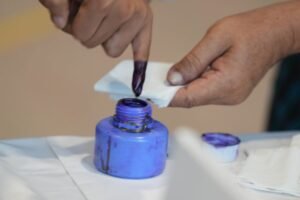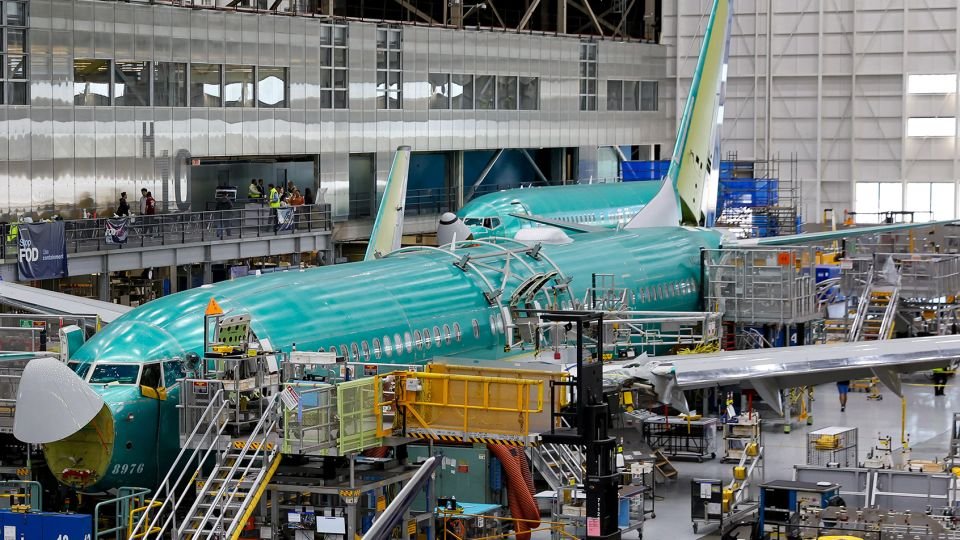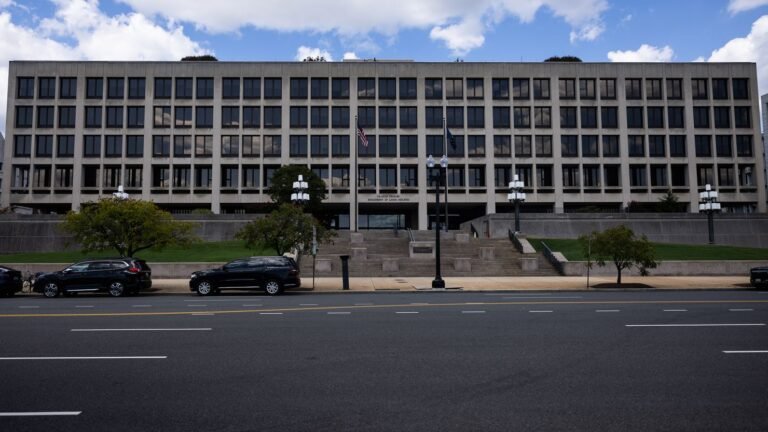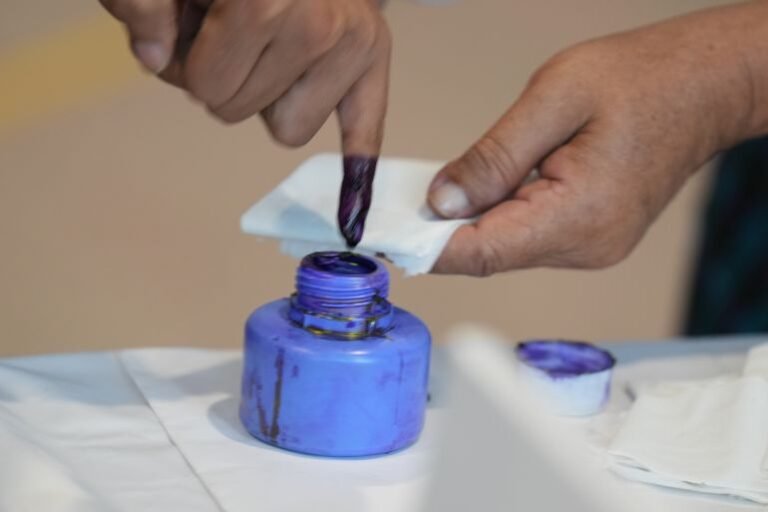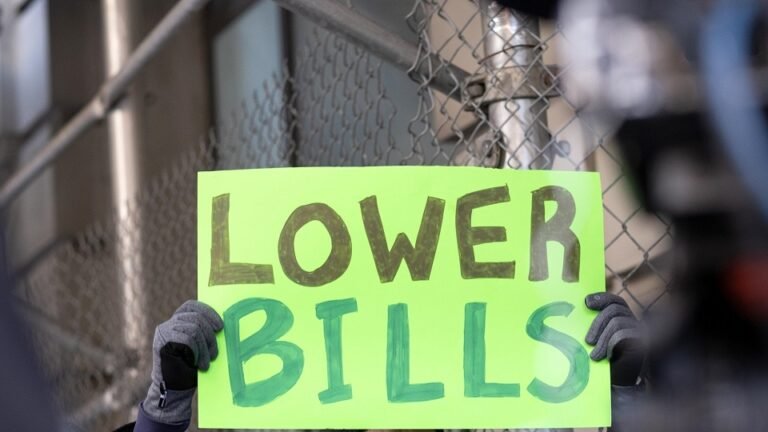The recommendation was inspired by two incidents on Southwest Airlines flights that hit birds. The NTSB found issues with CFM International LEAP-1B engines that, when damaged, can cause smoke to “enter the ventilation system and ultimately the cockpit or passenger cabin.”
Smoke in the cockpit is classified as an extreme danger in aviation as it can overcome and incapacitate pilots.
The NTSB says it is “concerned that flight crews operating these airplanes may not be fully aware of the potential hazard” and is asking the Federal Aviation Administration to ensure that operators inform flight crews of airplanes equipped with the affected engines.” The agency is also recommending modifications to engine software.
The NTSB notes that Boeing “has revised flight manuals for pilots detailing the steps to take to prevent smoke from entering the cockpit or cabin” following such damage.
GE Aerospace told CNN on Wednesday that it had already made changes.
“We are aligned with the NTSB’s recommendations and the work is already underway, in close partnership with our airframers, to enhance the capability of this important system,” the company said in an emailed statement
In a statement, Boeing told CNN: “CFM International and Boeing have been working on a software design update. We support the NTSB’s recommendation.”

